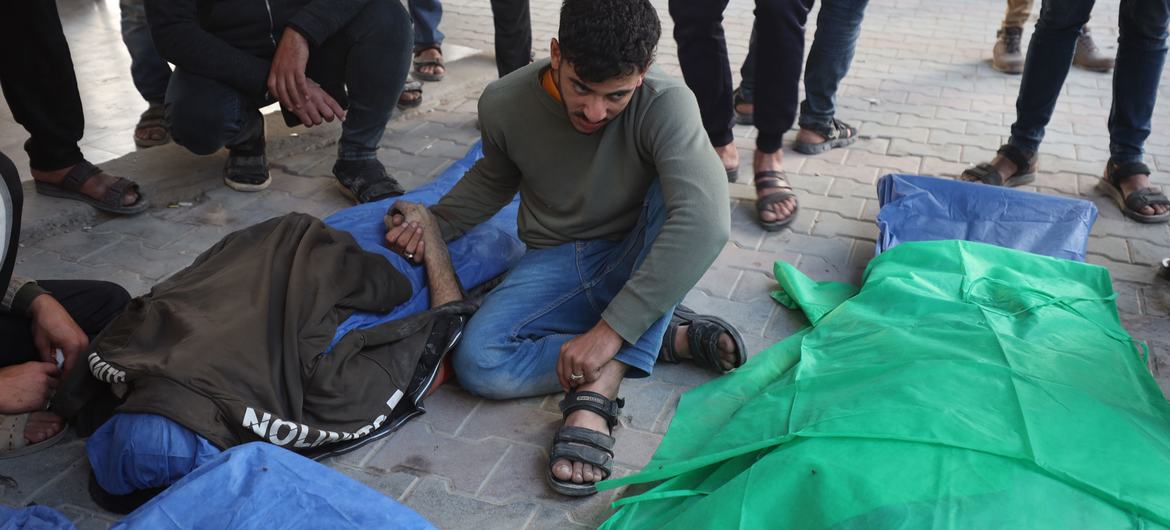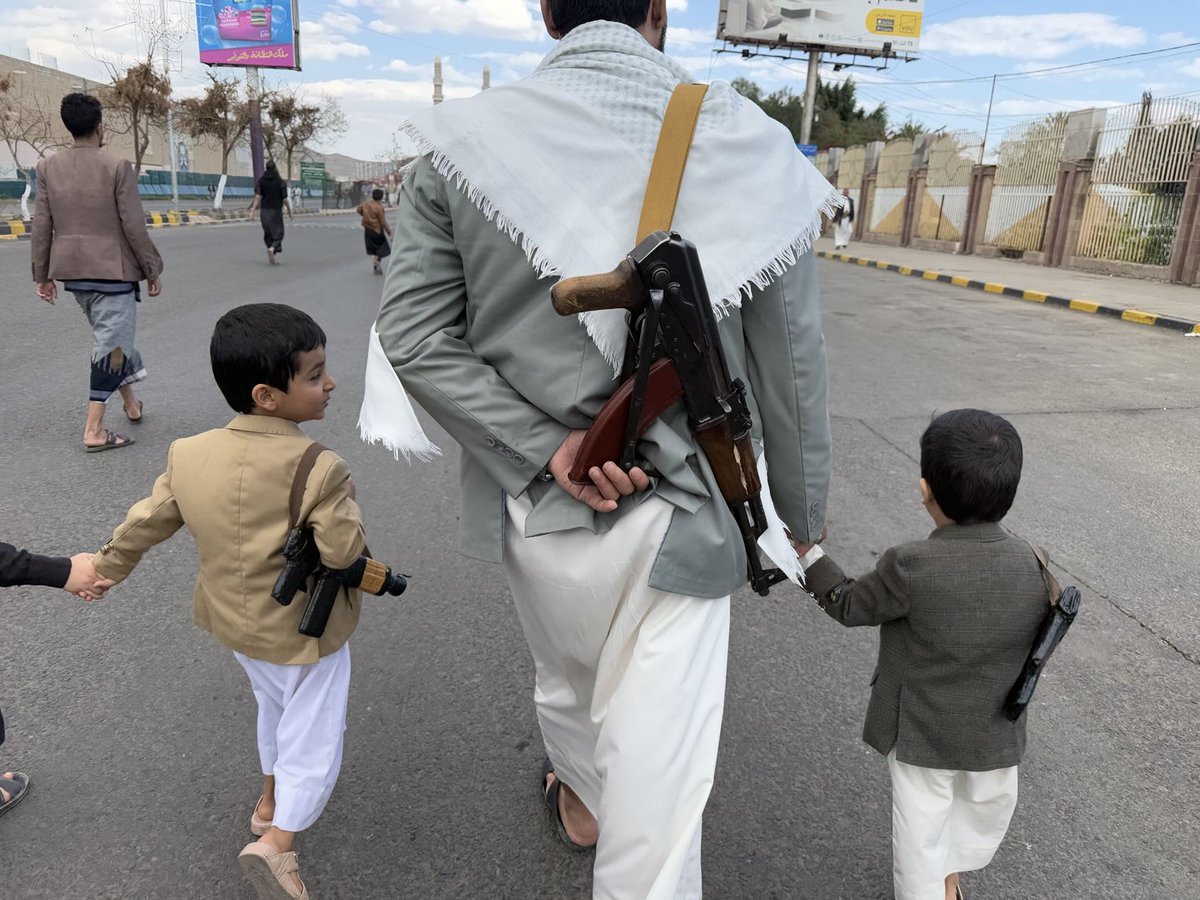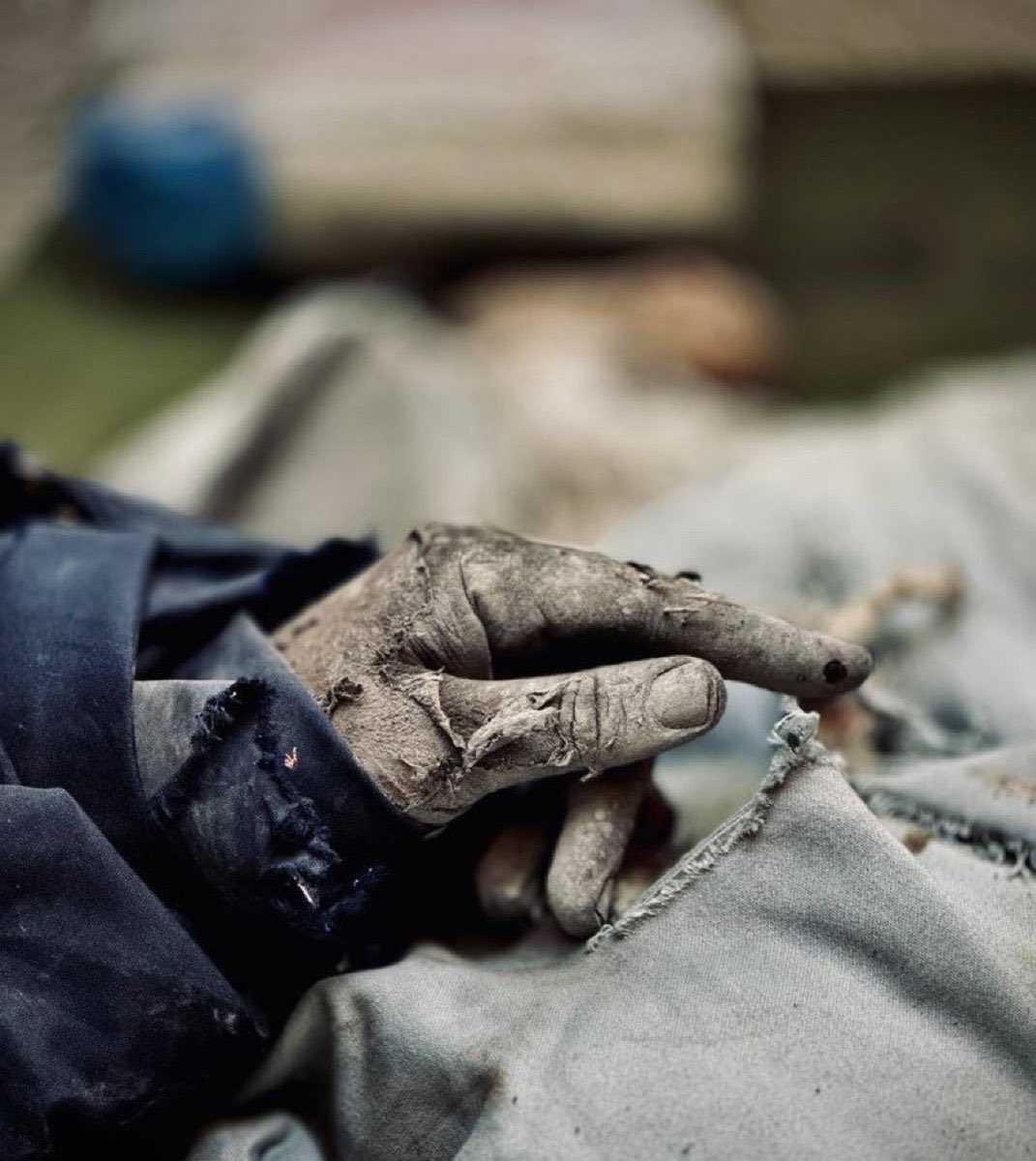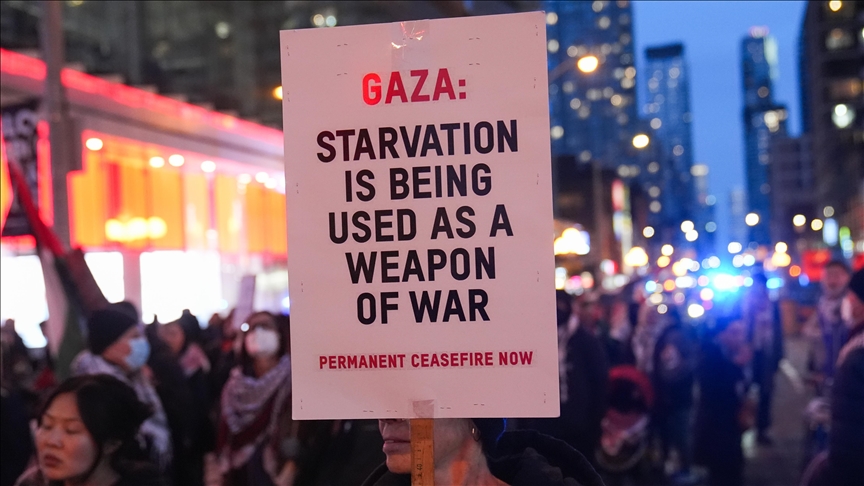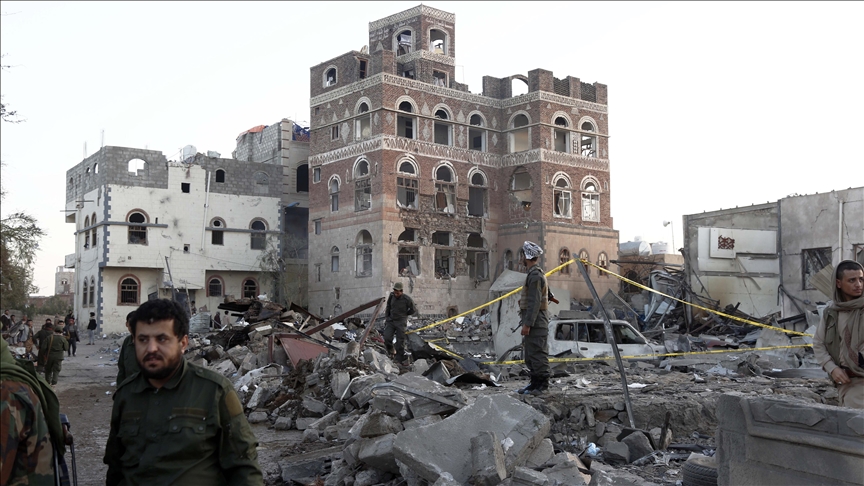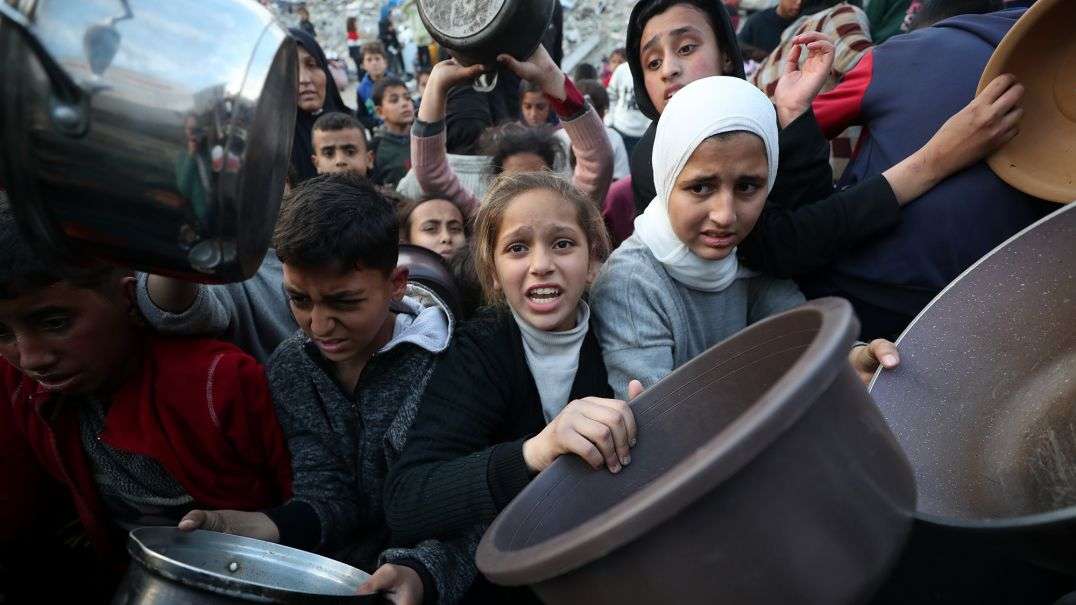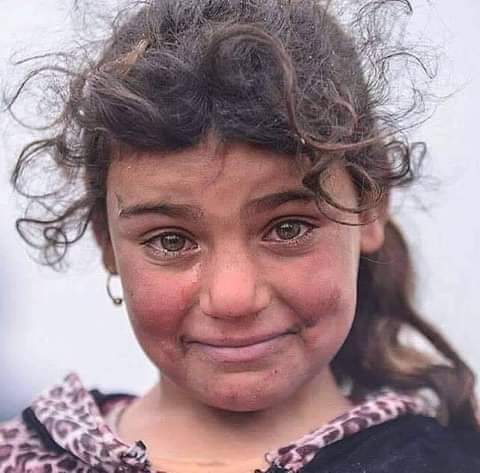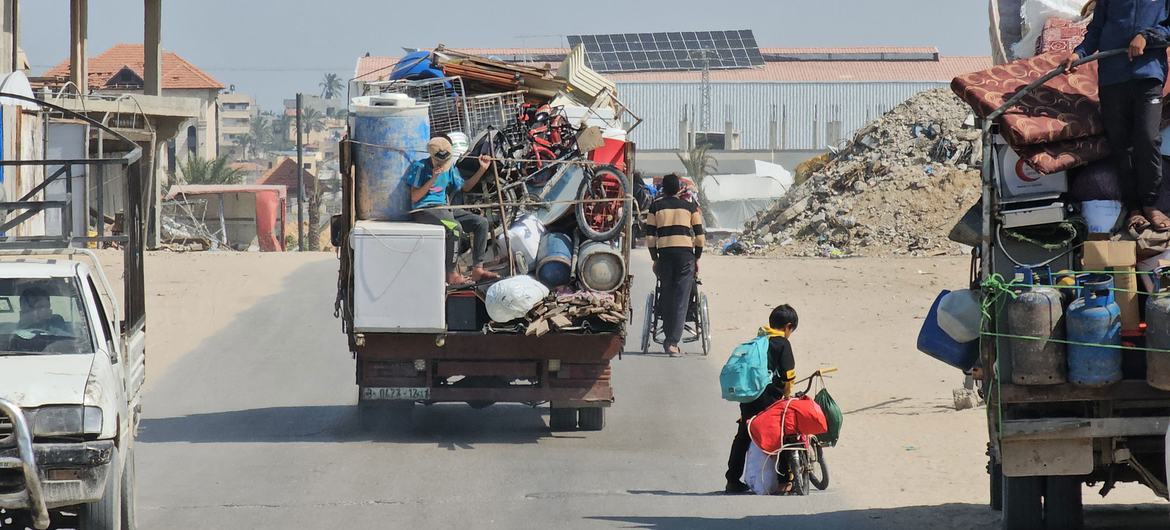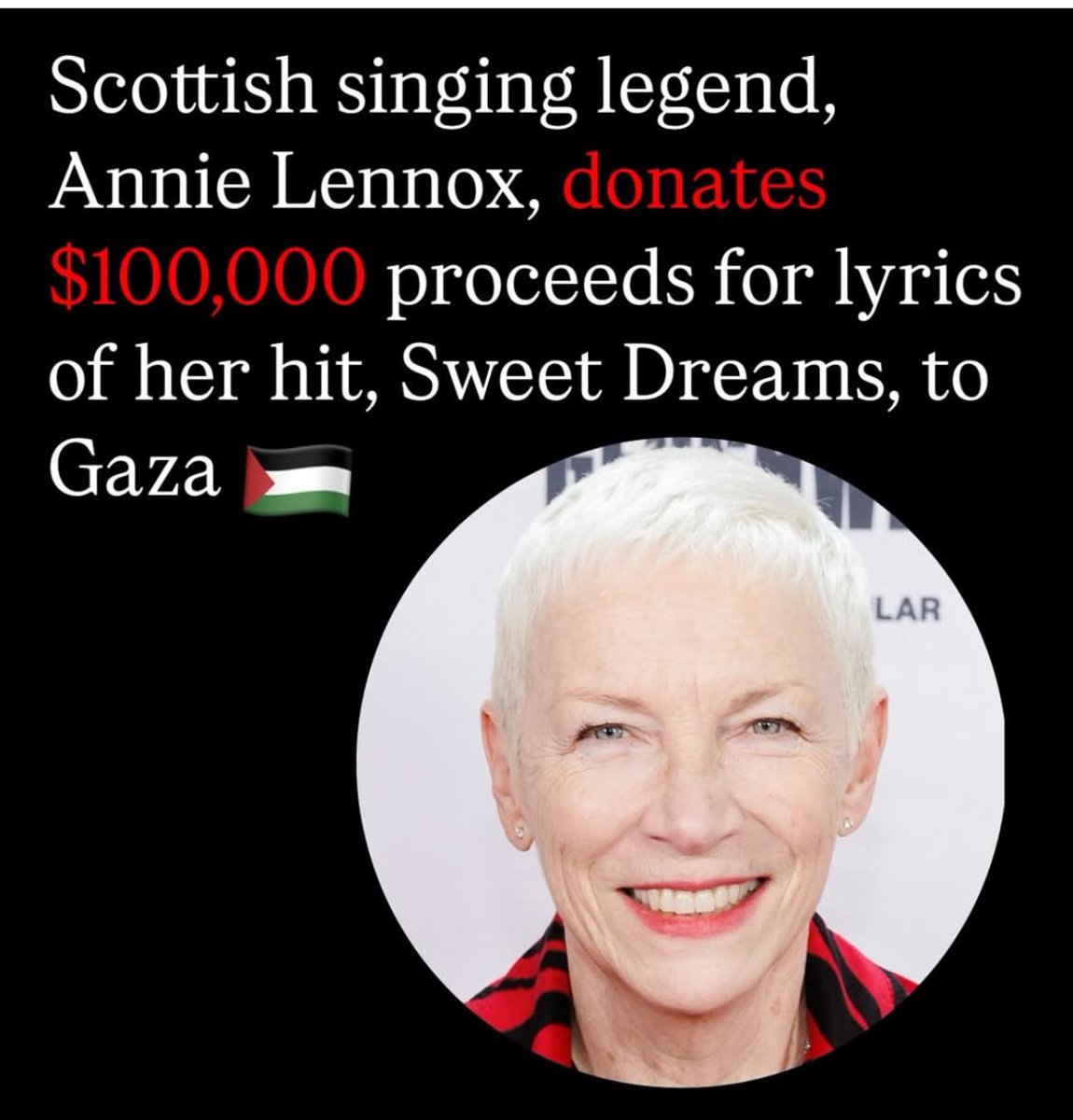Gaza: Back to The Killing Fields
Since resuming its genocidal war on the Gaza Strip on 18 March, Israel has been killing at least 103 Palestinians and injuring 223 more every day. Additionally, it never stopped employing other genocide tactics prior to 18 March, and has imposed lethal living conditions since 7 October 2023 designed to eradicate the Palestinian population in the Strip, including starvation and the tightening of its illegalblockade.
Since dawn on Tuesday 18 March, the Israeli occupation forces have killed 830 Palestinians and injured an additional 1,787 in hundreds of airstrikes, artillery shellings, and fire from military vehicles and drones throughout the Gaza Strip, according to the Euro-Med Monitor field team.
The Israeli occupation army also continues to bomb homes with occupants still inside, killing large numbers of people. The most recent incident occurred at dawn today (26 March) in Jabalia, in the northern Gaza Strip, when the Israeli army bombed the al-Najjar family’s home and killed eight Palestinians, including five children.
Without any military justification, the Israeli occupation army has committed the crime of targeting homes—or what is left of them—every day, including targeting tents where civilians have sought safety following almost 18 months of genocide. This is a clear component of a systematic Israeli policy that aims to kill Palestinians, ruin their lives, and impose a horrific reality that makes it impossible to survive.
Two Palestinian journalists were killed by Israel in two different, deliberate attacks on 24 March. Palestine Today TV journalist Mohammed Mansour was killed and his wife was gravely injured when Israeli planes bombed his home in Khan Yunis, in the south of the Gaza Strip. Journalist Hossam Shabat, who worked as a correspondent for Al Jazeera Mubasher, was killed when his car was targeted.
The Israeli army has also recently killed civilian government officials in administrative positions, including supervisors working in the education sector. The victims include Jihad al-Agha, the head of the Supervision Department at the East Khan Yunis Education Directorate, who was killed in an airstrike targeting his home on 23 March along with his wife, child, and three daughters, and Manar Abu Khater, the Director of Education in East Khan Yunis, who was killed along with two of his sons in an Israeli airstrike on Khan Yunis on 24 March.
An individual does not lose their civilian status or become a legitimate target for attack simply because they hold an administrative or civilian position within a governmental or organisational structure, unless they are actively and consistently engaged in hostilities, which was not the case in the situation of al-Agha or Abu Khater.
The Israeli occupation forces have also been invading the Tel al-Sultan neighbourhood in the west of Rafah since 23 March, committing heinous crimes, including unjustified field killings.
According to testimonies given to Euro-MedMonitor, the occupation forces shot civilians while they were trying to escape, leaving their bodies lying in the streets. Around 50,000 civilians are still confined to a small geographic area in Rafah while Israeli military activities, such as shelling, bombing, and raids, are taking place around them.
For the fourth day in a row, the Israeli occupation army has kept the whereabouts of 15 ambulance and civil defence workers in Rafah a secret, raising concerns that they might be killed, subjected to torture, or otherwise mistreated. Since these people are humanitarian personnel protected by the Geneva Conventions, their continued detention without formal notification of their whereabouts or health status is a serious violation of international law and a full-fledged crime of enforced disappearance.
For the roughly 2.3 million people in the Gaza Strip who now face Israeli policies of daily killings and starvation due to the continued closure of the border crossings and the denial of aid and medicine, Israel’s return to widespread killing and the systematic destruction of buildings and property imposes a catastrophic reality on their lives. These acts of genocide are similar to those experienced by residents of the Strip for 15 months before the January 2025 ceasefire. Israel’s recent intensification of its genocide, demonstrated by the increasingly lethal living conditions imposed on Palestinians, will result in slow and gradual death without international intervention.
The public declarations made by Israeli officials regarding their acceptance of United States President Donald Trump’s plan to drive Palestinians out of the Gaza Strip and the proposal of its execution are alarming. Following the destruction of the vast majority of homes, shelters, and buildings in the Strip by the Israeli occupation army, hundreds of thousands of people are being forced to flee yet again, without any shelter, under the pretense of evacuation orders for residents’ “own safety” and ongoing intense aerial bombardment.
These statements represent a reality that is being played out on the ground through mass killings and the imposition of intolerable living conditions, rather than just threats. The US gives political and military cover for the continuation of Israeli crimes in the Gaza Strip by providing financial and military aid, blocking international efforts to hold Israel accountable, and interfering to stop the issuance or implementation of UN resolutions that could stop these violations. Israel’s actions are carried out with the direct support and acquiescence of the US, making the US a major actor in the ongoing crime of genocide.
In just one week, over 200,000 Palestinians in the Gaza Strip have been forced to leave their homes, and thousands more are preparing to leave by looking for temporary housing. Meanwhile, basic services and security remain unavailable across the Strip.
The international community’s virtual silence has incited Israel to carry out its crimes, including killing and injuring people without consequence and attacking international organizations and UN headquarters in the Gaza Strip. Israel’s complete disregard for the rules of international law—rules that give UN headquarters and employees special protection—alone is an international crime of the highest calibre that needs to be addressed right away.
All states, both individually and collectively, must fulfill their legal obligations and act quickly to halt the genocide in the Gaza Strip. The Palestinian civilians there must be protected in every way possible; the blockade must be lifted completely and immediately; the movement of people and goods must be unhindered; all crossings must be opened without arbitrary conditions; and effective measures must be taken to protect Palestinians from the slow killing and forced displacement plans of Israel and the United States. An urgent international response is needed to appropriately address the population’s immediate needs including the provision of adequate temporary housing.

